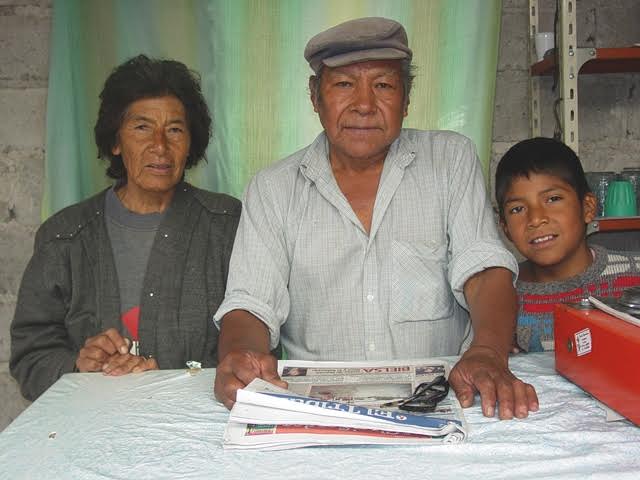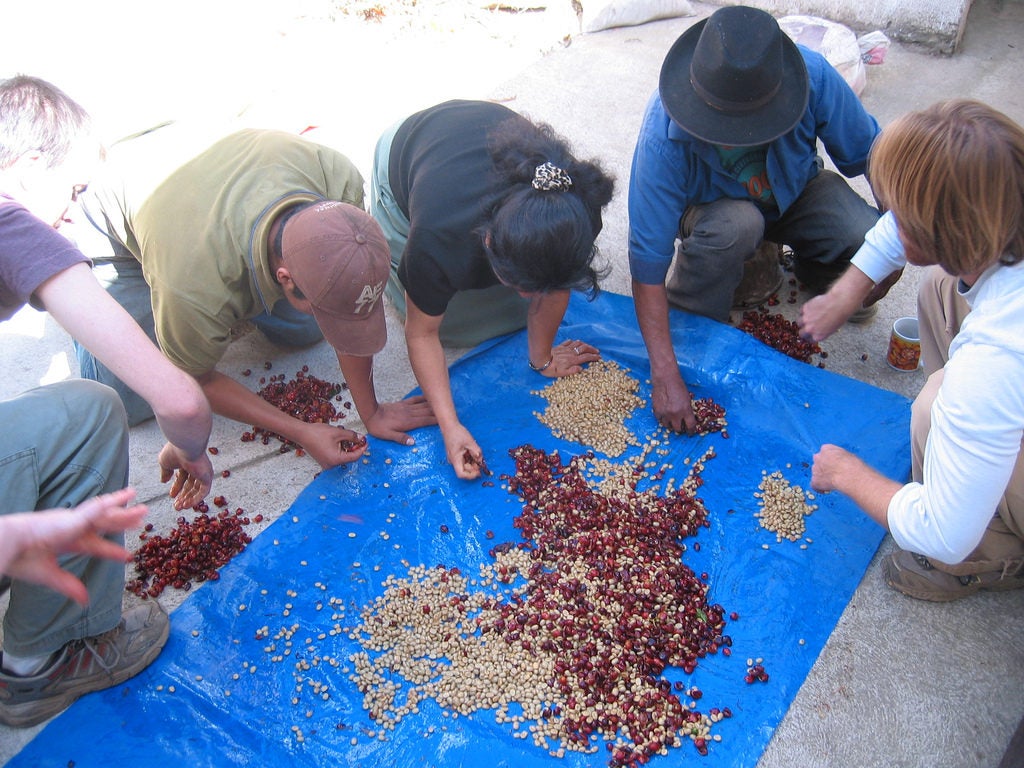The awarding of the 2019 Nobel Prize in Economics to Abhijit Banerjee, Esther Duflo and Michael Kremer hits close to home for several reasons. First, in bringing "an experimental approach to alleviating global poverty," as the Nobel committee said in its Oct. 14 announcement of the prize, these distinguished economists have changed the way we do research at the Research … [Read more...] about A Nobel Prize for Development: A Look From Inside the IDB
#SocialPolicy
When Anti-Crime Strategies Reflect Ignorance Rather than Knowledge
When it comes to crime, we are easily swayed by false perceptions and information. We lose our wallet to a pickpocket or hear about a mugging in our generally safe neighborhood and immediately assume that we are in the midst of a crime epidemic. We are pushed to anxiety by politicians who peddle exaggerated homicide statistics to prove they are tough on crime; by the … [Read more...] about When Anti-Crime Strategies Reflect Ignorance Rather than Knowledge
Who’s the BO$$? What Lies Behind Women’s Economic Empowerment
Women have been consolidating their economic power in the region, increasing their autonomy within the family and commanding the attention of banking and other marketing sectors. In our newly released report, Social Pulse 2016: Realities and Perspectives, we find that the contribution of women to the total labor income of households in the region increased from 28% in 1996 to … [Read more...] about Who’s the BO$$? What Lies Behind Women’s Economic Empowerment
Public Transfers to Households: Who are the Real Beneficiaries?
Knowing how governments spend their resources is important because it reflects their development priorities. Moreover, it allows, especially in lean times, trying and seeing “what can be done to improve growth and maintain recent and perhaps fragile benefits in terms of prosperity and social protection?” as mentioned in a previous publication of this blog. In recent years, … [Read more...] about Public Transfers to Households: Who are the Real Beneficiaries?
Can New Methods Sharpen Targeting in Programs for the Poor?
In recent years, developing countries have struggled to make social welfare programs for the poor and vulnerable more efficient. The distribution of preventative health products is an important example. Such products can help the poor stave off malnutrition and disease and improve overall productivity. But they have traditionally been distributed using subsidized pricing, and … [Read more...] about Can New Methods Sharpen Targeting in Programs for the Poor?





